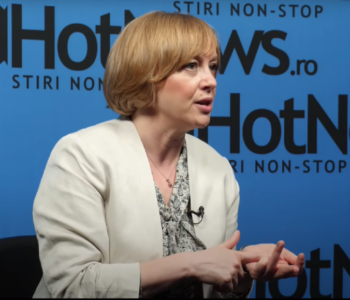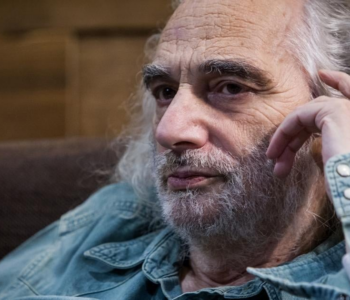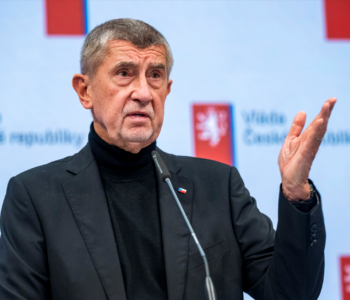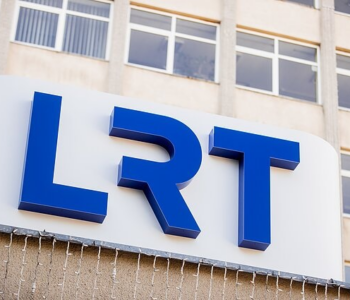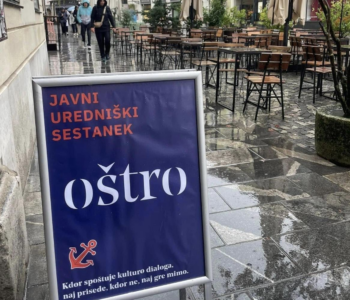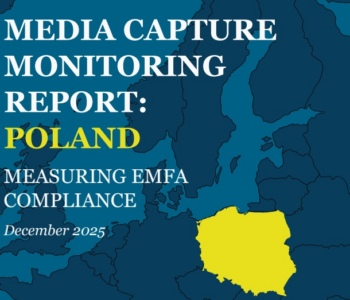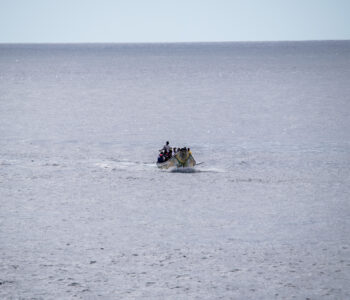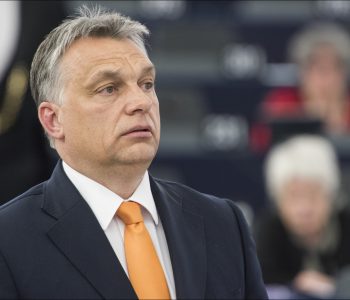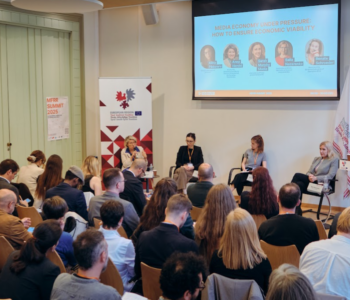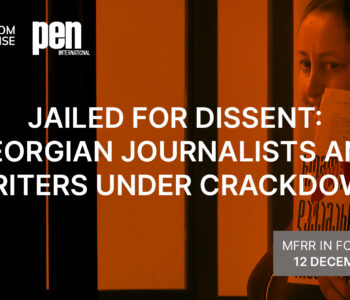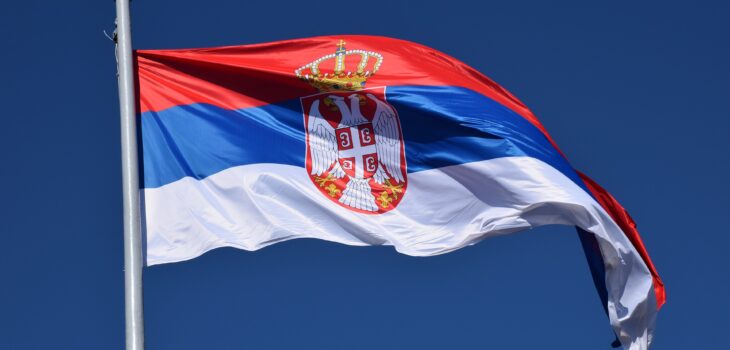
Serbia: MFRR partners warn against attempt to seize political control of last remaining independent TV stations N1 and Nova
The partners of the Media Freedom Rapid Response (MFRR) express serious concern over the threat of political interference in the operations of the United Group’s media outlets in Serbia, which owns the major independent television news channels that are active in Serbia, N1 and Nova TV.
04.09.2025
On 27 August 2025, new information revealed by the Organised Crime and Corruption Reporting Project (OCCRP) and published in collaboration with the investigative outlet KRIK suggested that Serbia’s President Aleksandar Vučić intends to undermine the independence of N1 and Nova TV.
A leaked recording emerged of a conversation between Vladimir Lučić, CEO of Telekom Srbija, and Stan Miller, the CEO of United Group, newly appointed by the British private firm BC Partners, a major owner of United Group, in which the two can be heard discussing Serbian President Aleksandar Vučić’s demand for the dismissal of United Media’s executive director, Aleksandra Subotić, as he is “aware that it is difficult now to change the director of N1”. This conversation clearly suggests a plan to first replace the executive chief of the United Group, who had resisted commercial and political pressure over the years, before interfering with N1.
The authenticity of the recording has been confirmed by the United Group. Meanwhile, the President’s spokesperson denied Vučić’s intent to interfere with the management of N1.
The MFRR consortium is appalled by the content of the audio recording and condemns any political interference within the United Group that would have a significant impact on independent broadcasters, starting with N1. In July, the MFRR had already expressed concern in a letter to BC Partners regarding the recent change in leadership at United Group.
This information is particularly concerning amidst intensified political pressure on independent journalism in Serbia. Back in April, N1 and Nova TV were removed from the satellite television service, leaving viewers with no choice but to watch these channels on the internet. N1 was the most-watched TV channel on the SBB network.
In addition, Serbian President Aleksandar Vučić and his allies have engaged in relentless smear campaigns against the independent reporting of N1 on the student-led protests that emerged since the collapse of the canopy of the railway station in Novi Sad on 1 November 2024. N1, which was labelled by President Vučić as “doing pure terrorism”, is constantly portrayed as an opponent of the state, along with United Media journalists in Serbia. These state rhetorics are also widely and dangerously taken up by private individuals sending regular threats online, including death threats and threats of physical violence. Since January 2025, Mapping Media Freedom has documented 26 instances of intimidation and threats against N1, predominantly online.
Therefore, the MFRR urges the Serbian government to stop all forms of undue influence on private media owners and respect the independence of media houses, while also refraining from applying pressure on editorial policies and decisions through personal relationships or political connections. Smear campaigns aimed to discredit truthful reporting must be immediately stopped. The consortium also calls on the authorities to ensure swift and independent investigations into attacks on journalists. As assessed during the MFRR solidarity mission in April, pending investigations never make it to the end.
We also reiterate our calls on BC Partners to reaffirm its commitment to European standards of media freedom and freedom of expression and to defend United Media’s affiliates and employees from political and other forms of interference, also in line with the European Media Freedom Act (EMFA). We support the Manifesto for Independent Journalism, published by United Media editors in Serbia in reaction to the audio recording.
We further call on the European institutions to publicly condemn any attempts by President Aleksandar Vučić and other politicians to interfere with and denigrate the independent broadcaster’s editorial policy. Given the constant, steady decline of media freedom in Serbia, including the surge of physical attacks also perpetrated by law enforcement officers, concrete and stronger actions are needed before the media landscape becomes entirely government-controlled. As of 4 September, Mapping Media Freedom has documented 200 alerts directed against journalists, media outlets, and journalists’ associations in Serbia since 1 November 2024, an unprecedented figure compared to the previous years.
Finally, the MFRR stands in full solidarity with the employees of United Media and the journalists of N1, who continue to produce high-quality reporting despite operating in such a highly hostile environment for critical voices.
This statement was coordinated by the Media Freedom Rapid Response (MFRR), a Europe-wide mechanism which tracks, monitors and responds to violations of press and media freedom in EU Member States and Candidate Countries.

